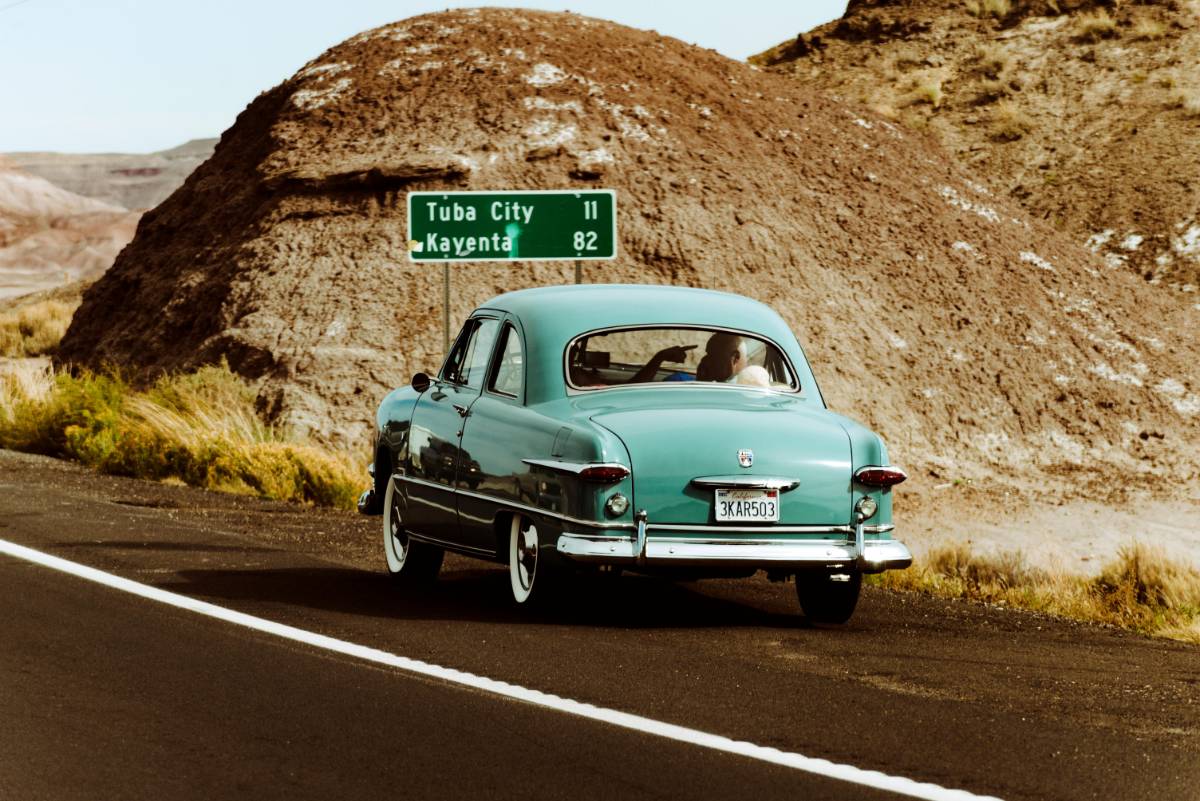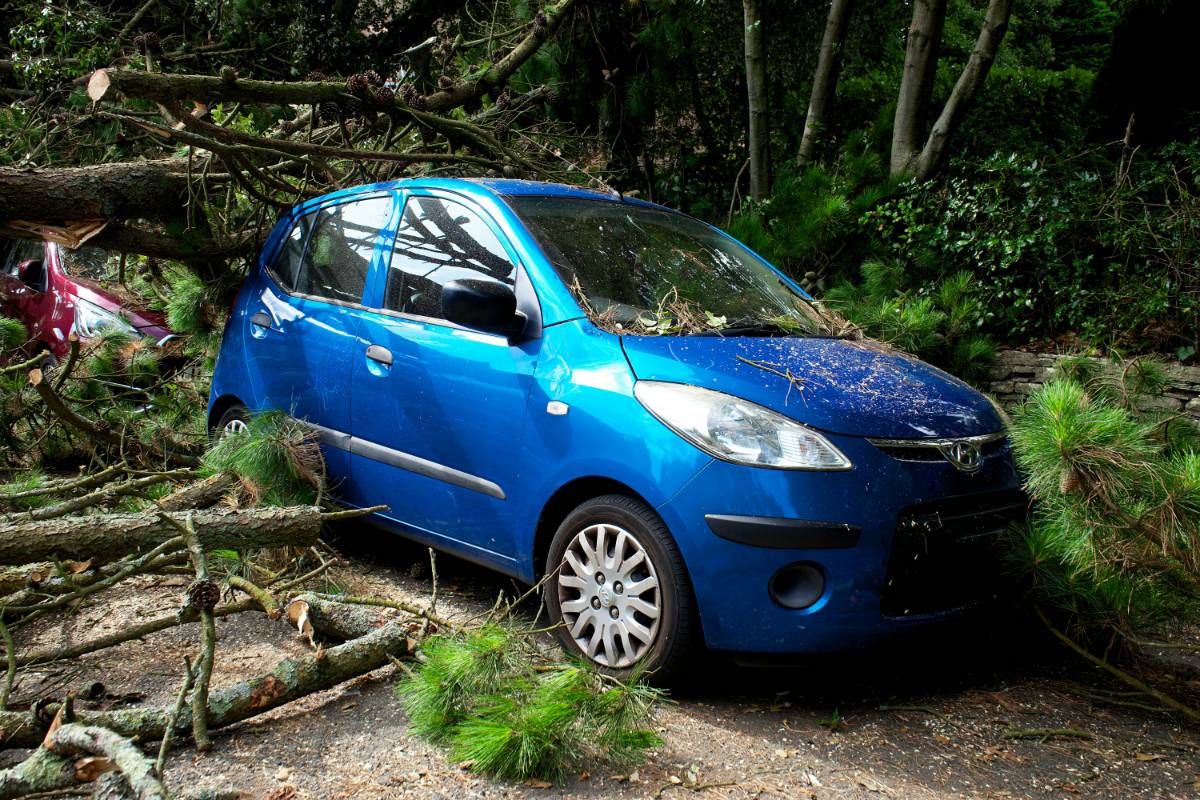
Can You Drive Without Insurance in the U.S.?
Driving without insurance in the U.S. is illegal in most states, and for good reason. Car insurance provides financial protection in the event of accidents, injuries, or property damage. Without it, you risk facing serious legal and financial consequences. In this article, we will explore the importance of car insurance, the legal requirements in various states, and the potential repercussions of driving without insurance.
The Importance of Car Insurance
Car insurance isn't just a legal requirement—it's also an essential safety net that protects drivers, passengers, and other road users. Insurance policies cover various situations, including accidents, theft, vandalism, and weather-related damage. Without insurance, the financial burden of covering repair costs, medical bills, or legal fees falls entirely on the driver involved in the incident.
Moreover, having insurance helps ensure that victims of accidents caused by you are compensated for their damages, as it covers their medical expenses and vehicle repairs. This is especially important when the accident is your fault, and you don't want to bear the entire cost of an accident alone.
Legal Requirements by State
In the U.S., each state has its own set of laws when it comes to car insurance. While almost all states require some form of liability insurance, the specific minimum coverage requirements can vary significantly. The two most common types of mandatory insurance are:
1. Liability Insurance: This covers injuries to others and damage to their property if you're at fault in an accident. Every state requires liability insurance, but the minimum coverage limits differ.
2. No-Fault Insurance: States with "no-fault" laws require drivers to have personal injury protection (PIP) insurance. This covers medical expenses for the driver and passengers, regardless of who caused the accident. Some states, like New York and Michigan, require PIP insurance, while others do not.
Some states, such as New Hampshire and Virginia, allow drivers to opt-out of purchasing car insurance, but only if they meet certain conditions. For instance, in New Hampshire, drivers are not required to have insurance unless they are involved in an accident or have a history of serious traffic violations. In Virginia, drivers can pay an annual fee to drive without insurance, but they must be able to pay for damages out-of-pocket in case of an accident.

The Consequences of Driving Without Insurance
Driving without insurance in a state where it's required can result in severe penalties, including:
Fines: Most states impose hefty fines on uninsured drivers. These fines can range from $100 to $500, and in some states, the fines increase for repeat offenders.
You might also like
1. Federal and State Requirements for Truck Insurance in the U.S.2. The Role of Government Programs in Affordable Insurance3. The Importance of Uninsured and Underinsured Motorist Coverage4. Open Enrollment: What You Need to KnowLicense Suspension: In many states, driving without insurance leads to a suspension of your driver's license. You may also be required to pay a reinstatement fee to get your license back once you have obtained insurance.
Vehicle Impoundment: Some states may impound the vehicle of an uninsured driver, leaving the driver to pay towing and storage fees to retrieve the car.
Higher Insurance Costs: If you are caught driving without insurance, future insurance premiums may be significantly higher. Insurers often view uninsured drivers as high-risk, and as a result, they may raise rates or even refuse coverage.
Legal Liability: If you're involved in an accident while uninsured, you may be held personally liable for any damages, medical costs, and legal fees. This can lead to costly lawsuits and financial ruin.
Alternatives to Traditional Car Insurance
In some situations, drivers may be able to explore alternatives to traditional car insurance, such as:
1. Self-Insurance: If you have a fleet of vehicles or can demonstrate a large amount of financial assets, you may qualify for self-insurance. This allows you to pay for damages out-of-pocket instead of purchasing a standard car insurance policy.
2. Non-Owner Car Insurance: If you don't own a vehicle but still drive occasionally, non-owner car insurance can provide coverage for liability, protecting you in case of accidents while driving someone else's vehicle.
3. Pay-Per-Mile Insurance: Some insurers offer pay-per-mile insurance, which allows drivers to pay for the miles they drive. This option is ideal for people who don't drive frequently and want to save money on car insurance.
4. Insurance from Carsharing or Ridesharing Companies: If you use carsharing or ridesharing services, like Zipcar or Turo, the company often provides insurance coverage while using the vehicle. It's important to understand the details of these policies before using the vehicle.
What to Do if You’re Caught Driving Without Insurance
If you are caught driving without insurance, there are steps you should take immediately to avoid further legal trouble:
1. Obtain Insurance Immediately: If you were pulled over for not having insurance, get a policy as soon as possible. You may need to provide proof of insurance to the authorities to avoid fines or penalties.
2. Comply with State Requirements: Depending on the state, you may need to provide proof of insurance to get your license reinstated. You may also need to pay any fines or fees associated with driving uninsured.
3. Consult with an Attorney: If you face legal action or are sued for damages, it’s important to consult with an attorney to protect your rights. An attorney can help you navigate the legal system and minimize any penalties or consequences.
Conclusion
Driving without insurance in the U.S. is a risky and often illegal practice. Not only does it leave you vulnerable to financial ruin in the event of an accident, but it also exposes you to significant legal consequences. It's important to understand your state's insurance requirements and ensure that you have the necessary coverage to drive legally and safely. If you're ever caught driving without insurance, take immediate action to get insured and comply with any state requirements to minimize the damage. Always remember, car insurance is more than just a legal obligation—it's essential for your financial security on the road.
About the author
Mason Brooks is a seasoned finance writer with over 8 years of experience helping millennials and Gen Z take control of their money. With a background in economics and a passion for demystifying complex financial concepts, Ananya shares actionable tips on budgeting, investing, and building long-term wealth. Her mission is to make financial literacy accessible, relatable, and empowering — no jargon, just smart money moves.


